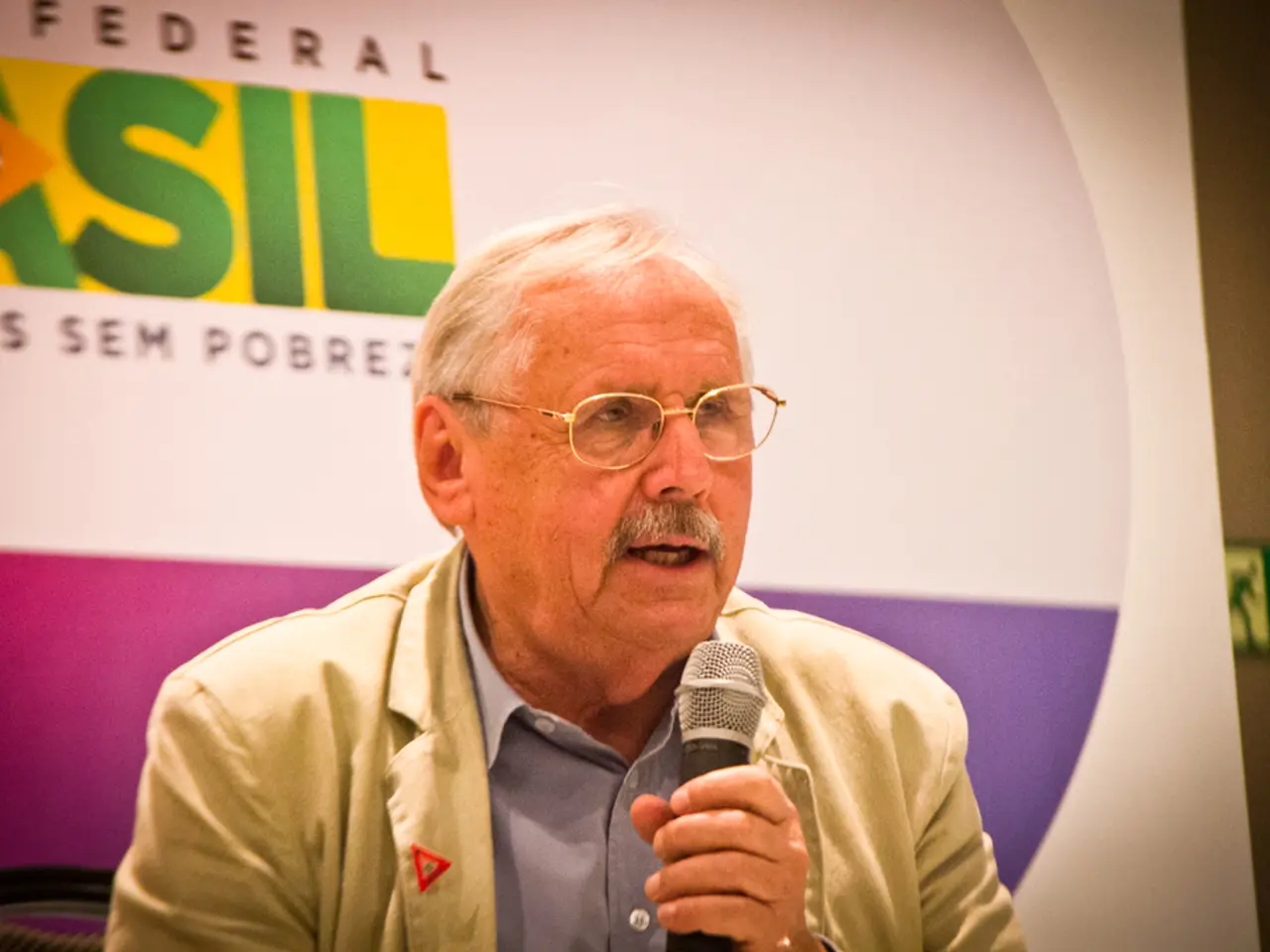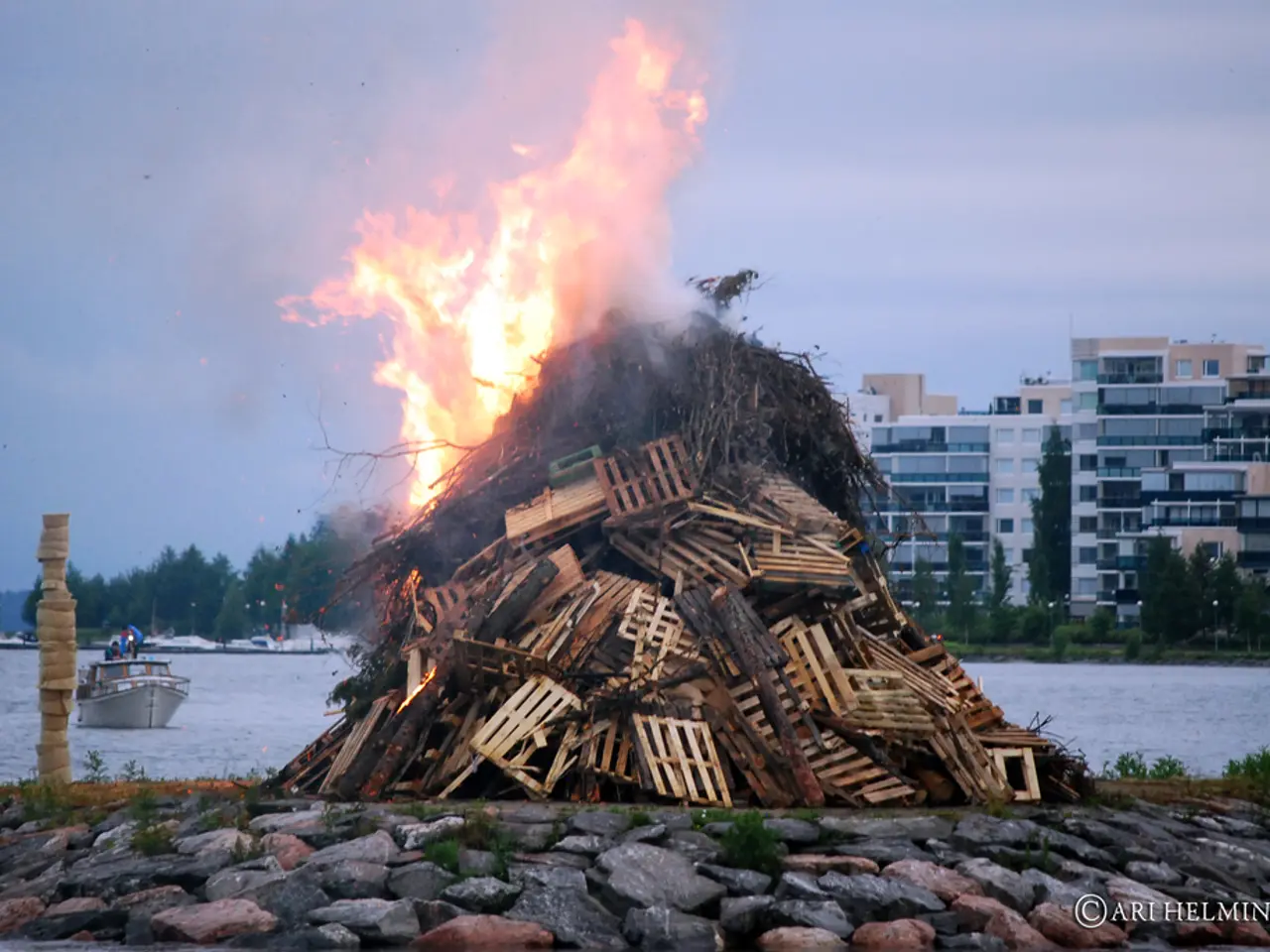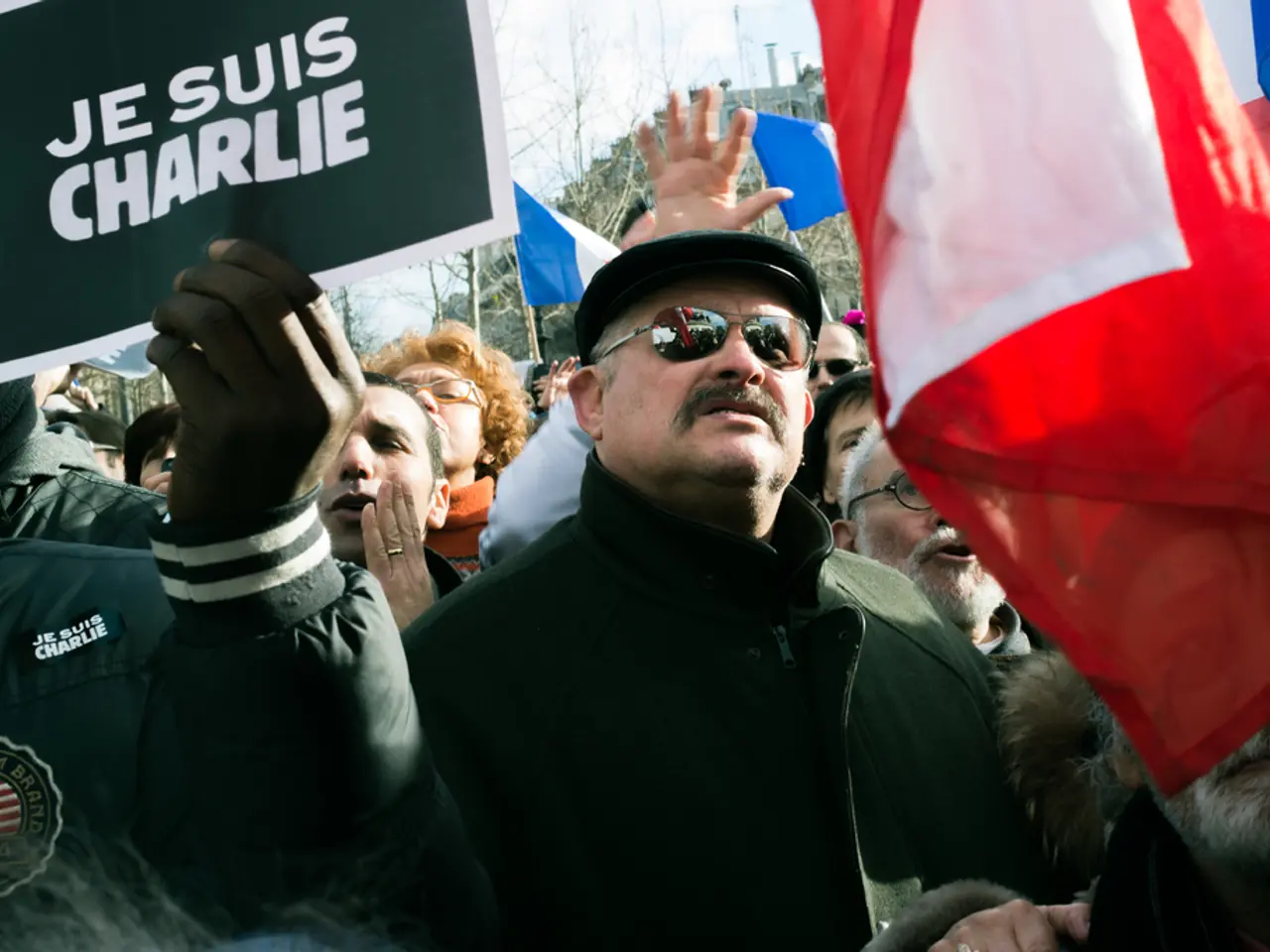Iran asserts its right to reinitiate its uranium enrichment program, according to Foreign Minister Araqchi's statement.
The nuclear talks between Iran and the U.S. have been disrupted since June 2021, leaving the situation between the two nations complex and tense. As we approach mid-2025, progress towards resuming negotiations remains limited.
The U.S., along with Israel, targeted three of Iran's key nuclear facilities citing allegations of Iran developing nuclear weapons. This premature military action temporarily set back Iran's program, but it risks pushing Tehran closer to a weapons capability over the long term.
Iran has made it clear that it reserves the right to restart its uranium enrichment program, and it retains its uranium enrichment capabilities. Iranian law passed in July 2025 requires recognition of its enrichment rights before cooperation with the International Atomic Energy Agency (IAEA) can resume, limiting Tehran’s flexibility and complicating verification efforts.
In an interview with the Financial Times, Iran's Foreign Minister Abbas Araqchi stated that military aggression is ineffective and risks shutting the door on diplomacy. He emphasized that negotiations, not bombs, can lead to a lasting and mutually acceptable outcome regarding Iran's nuclear program.
Araqchi also criticized the European signatories of the 2015 nuclear deal for triggering the "snapback mechanism," effectively ending their role in future nuclear negotiations. He did not comment on the effectiveness of military aggression in relation to diplomacy, nor did he discuss any new developments in the timing and manner of resuming uranium enrichment activities by Iran.
Araqchi stated that he needs to convince his hierarchy that the other side is coming with real determination for a win-win deal. He did not specify what compensation he expects from the U.S. for the damage done. Iran would be willing to return to the negotiating table only if it is convinced that Washington is serious about reaching a balanced agreement.
The road to negotiation is narrow but not impossible, according to Araqchi. He stressed that the U.S. should explain why they attacked Iran during negotiations and ensure they will not repeat such actions during future talks. Araqchi did not mention any conditions for Iran's return to the negotiating table or discuss any changes in Iran's stance on building nuclear arms.
Additional context from related reports notes continued Iranian nuclear expertise exchanges, but it is unclear if Iran’s broader nuclear posture or sanctions policy will shift significantly in response to recent conflicts. The prospects for talks depend heavily on both sides managing technical complexities, political maximalism, and verification challenges involving the IAEA.
[1] Reuters, "Iran's Araqchi says talks with U.S. on nuclear deal are narrow but not impossible," Reuters, 2025. [2] Associated Press, "Iranian scientists visit Moscow amid nuclear tensions," Associated Press, 2024. [3] BBC News, "Iran nuclear talks: What's the latest?" BBC News, 2025.
- The situation regarding Iran's nuclear program is heavily dependent on diplomacy, as stated by Iran's Foreign Minister Abbas Araqchi, who emphasized that technology, politics, and general news - including the effectiveness of military aggression in negotiations - are critical factors in reaching a lasting and mutually acceptable solution.
- Despite the disruptions in nuclear talks since June 2021 and the risks of Iran potentially developing nuclear weapons due to military actions, Iran's Foreign Minister Abbas Araqchi asserted in an interview with the Financial Times that health issues and war-and-conflicts should not overshadow the importance of negotiations in resolving the complex and tense situation between Iran and the U.S.








